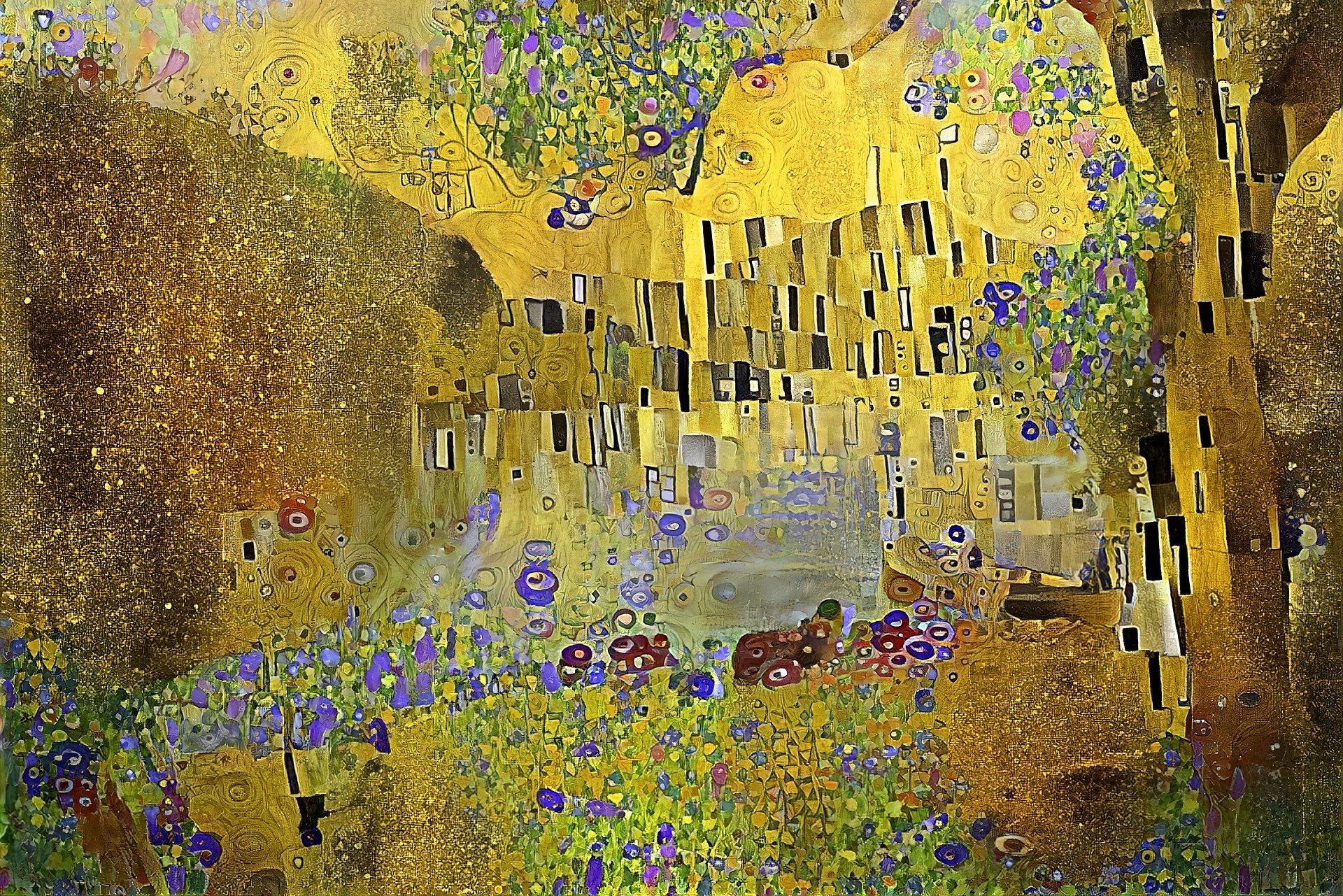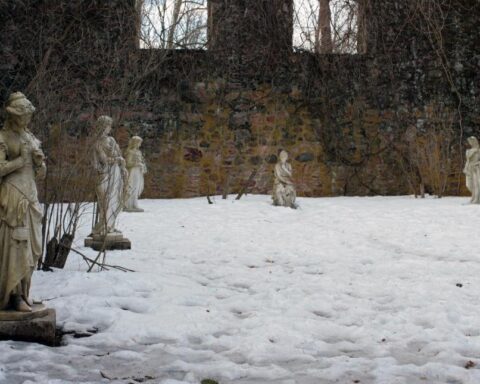The resilience of family and the everlasting cycle of natural time throughout life’s tumultuous vastness are concepts echoed throughout literature. Dorothy Wordsworth reminisced of better times walking through nature with her brother while on her sick bed, while Anishinaabe writer Jim Northrup professes that his family is like air and water to him, claiming, “everything happens in cycles, the pain you feel was once balanced by someone’s joy.”
In his latest collection of poetry, Grace of Falling Stars, Bruce Meyer beautifully illustrates the power of familial love intertwining with the passage of time as he recounts his most influential experiences from the thrills of boyhood to the pensive respite of fatherhood. The emphasis on the mundane moments in Meyer’s life, such as laying his head on his grandmother’s lap as they listen to the cicadas sing, invites the reader to make themselves at home within his personal memories and encourages us to find respite in the smallest of instances with loved ones.
Despite the collection being organized chronologically, Bruce Meyer is still able to float through time like a balloon separated from the hands of a lost child. He writes of the passage of time, or rather the preservation of a single moment, reminding us of life’s contrasting range between fragility and everlasting persistence.
Yet Bruce Meyer offers a solution to the uncontrollable complexity of time by presenting places where time does not exist, most notably the writings of oneself and others. In poems such as “Museum of Reading Habits” and “Paragraph” the idea of timelessness is presented with a distinct grace that is reflected in the title of the collection. A level of elegance is sustained as Meyer traverses his way through the most grueling topics while simultaneously creating an inviting environment for the reader to bask in their melancholy and celebrate the inevitable fall from grace we are all forced to face.
A significant moment of Meyer’s life that is immortalized in this collection is the death of his father and the events leading to it. The poem “Gustav Klimt” explores the decline of his health as he slowly loses a battle with dementia and becomes fascinated with the vivid colours that sweep across the Austrian’s canvas. Meyer brilliantly conveys a gleaming sense of life within the diminishing mind of his father and demonstrates a consistent urge to celebrate the life once lived rather than mourn present tragedies. He professes that the colours were like “juice in a sweet, round orange” that “became a ripe reality in his mind,” a sentiment that may be shared by readers as Meyer’s words slowly branch out into a kaleidoscope of rich imagery within our own minds. “Gustav Klimt” is a definite standout in the collection since it serves as a microcosm for the rest of the book with ideas of unconditional love, burning memories, and creating a solitary time span that exists inside our minds.
Bruce Meyer has mastered the ecstatic highs and devastating lows of existing on our planet as a moral creature ruled by time and passion. Grace of Falling Stars oozes enthusiasm for life and the delicate craft of writing. The absolute reverence for storytelling and the incomparable tenacity of the human soul is indisputably exhilarating.




